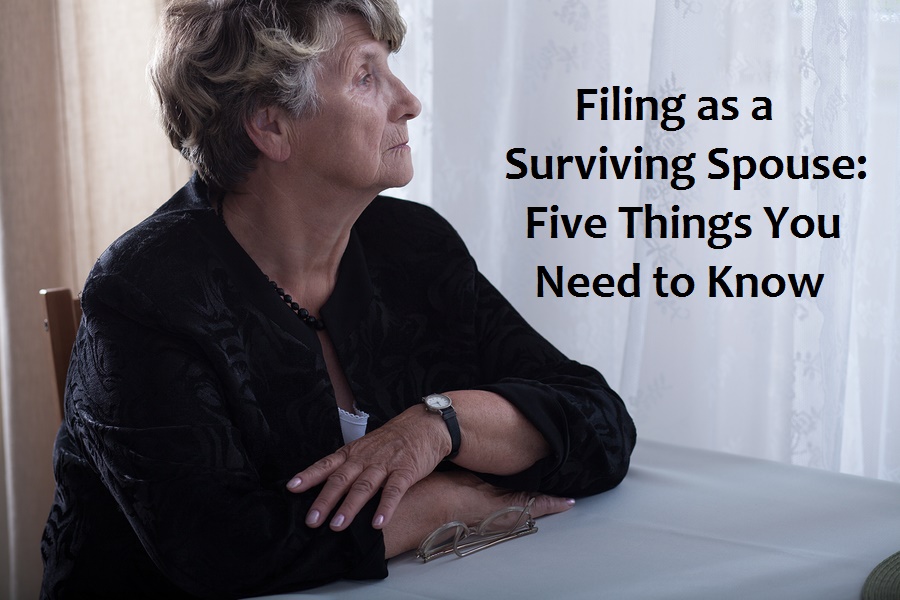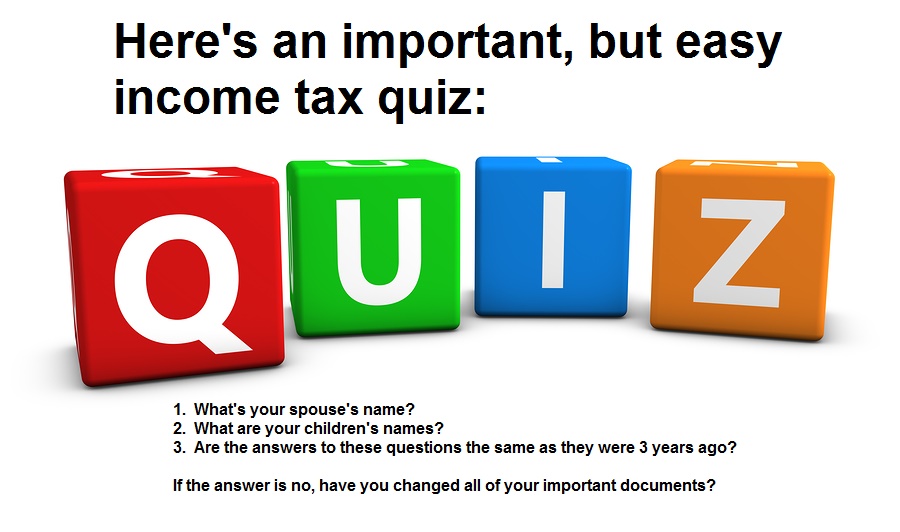
Losing a spouse is difficult enough. You don’t need your taxes to be overly complicated.
One of the worst things I have to do in my job is to help people whose husband or wife has died file their tax returns. There’s nothing I can say or do to make the situation any better. If you should find yourself in this situation, first, I am sorry for your loss. Here are my tips to help you get through the filing process.
One: You are still considered married for the full year that your spouse died. That means you may file as married filing jointly, even though your spouse has died. (Had you divorced instead of being widowed, you would be considered single. Different rules for different situations.)
Two: For most couples, married filing jointly is the best filing status to use in the year of death. But there may be situations where you will want to file as married filing separately. If you have any concerns about your spouse’s tax liabilities, you should consult with a tax professional just to be safe.
Three: When you are signing the MFJ return, you will sign your name on your line, and write “filing as surviving spouse” on your spouse’s signature line. If you are paper filing your return, you’ll want to write “Deceased” across the top of the tax form. If you are e-filing, you’ll complete the box that shows the date of death. I always put “deceased” in the occupation box.
Four: If you still have children at home, you may claim the Qualifying Widow(er) status for two more years after your spouse died. Normally, a single person with children at home would claim the head of household filing status. Qualifying Widow(er) is a better tax rate so you want to use it if you can. You may not claim Qualifying Widow(er) if you do not have children at home. That’s a very common mistake. If you have no children remaining at home, then your filing status will become Single, not Qualifying Widow(er).
Five: If you get married again before the year ends (it does happen) you would file as Married Filing Jointly with your new spouse, and you would file a return for your deceased spouse as Married Filing Separately. (You could, if you choose to, file your own return as Married Filing Separately as well. Usually it is not the best filing status to claim.)


